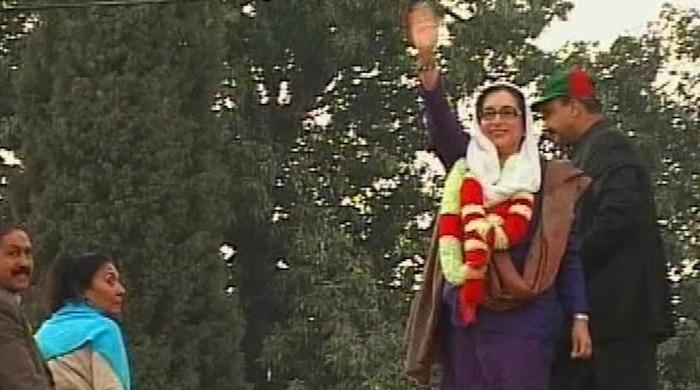Seventeen years have passed since the assassination of Benazir Bhutto, Pakistan’s first female prime minister, but it remains difficult to know the full truth behind her tragic death.
During this time, the Pakistan People’s Party (PPP) has been in power almost three times, but has yet to clarify the public about the murder.
Benazir was murdered on the night of December 27, 2007, after addressing a rally at Liaquat Bagh in Rawalpindi. As he left the scene, the gunshots were followed by a powerful explosion, which claimed lives and left the nation in shock.
Several individuals and groups have been charged over the years, including Al Qaeda leader Osama bin Laden, former President General Pervez Musharraf, Tehreek-e-Taliban Pakistan (TTP) founder Baitullah Mehsud, and police officers Saud Aziz and Khurram Shehzad.
While the Rawalpindi anti-terrorism court sentenced the two police officers to 17 years in prison for negligence and tampering with evidence, five other suspects were acquitted in 2017 after more than 300 hearings.
Investigations by Scotland Yard and a UN commission also fingered certain military officers, but the PPP government rejected the UN report through its own investigative committee.
The main suspects, Baitullah Mehsud and Osama bin Laden, were later killed in drone strikes and military operations, although no evidence was found implicating Musharraf.
The case is now effectively closed and appeals against the police officers’ convictions are still pending. Some experts say that concrete evidence about the real culprits was never presented to the court. Meanwhile, TTP leader Noor Wali Mehsud acknowledged in his book that the group was behind Benazir’s murder. However, he did not provide details about who ordered the murder or the broader conspiracy.
Questions surrounding the assassination of Benazir Bhutto persist, leaving a painful void in Pakistan’s quest for justice and accountability.




